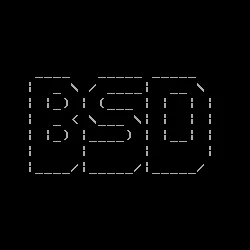FreeBSD Struggles To Gain UEFI Boot Support

Linux has matured with UEFI boot support and the kernel developers are now onto worrying about things like proper UEFI SecureBoot support, within the FreeBSD world the non-BIOS boot support isn't coming as easy. One of the Google Summer of Code projects was working on proper FreeBSD boot support for Intel UEFI systems as well as Apple computers. The aim was to have FreeBSD EFI booting done by the end of summer for the i386 and amd64 builds, but unfortunately it's easier said than done.
As shown on the Intel EFI Boot Wiki page, it was a challenge to raise an EFI boot service in the FreeBSD world. "Issues with getting loader.efi running were far worse than I anticipated. Fortunately, I have successfully gotten it to run on the TianoCore image."
As of the latest status update, FreeBSD kernel modifications to support a non-contiguous kernel were still a work in progress, booting an i386 EFI kernel on QEMU/TianoCore was still being worked on, and implementing tools to allow booting on Apple computers was also being worked on. What was a success was building an i386 loader.efi and then running the i386 loader.efi from QEMU/TianoCore. The amd64 (64-bit) FreeBSD support for an EFI kernel is marked as incomplete due to linking problems at build time. There were also a few problems with the Clang compiler along the way.
Add A Comment

